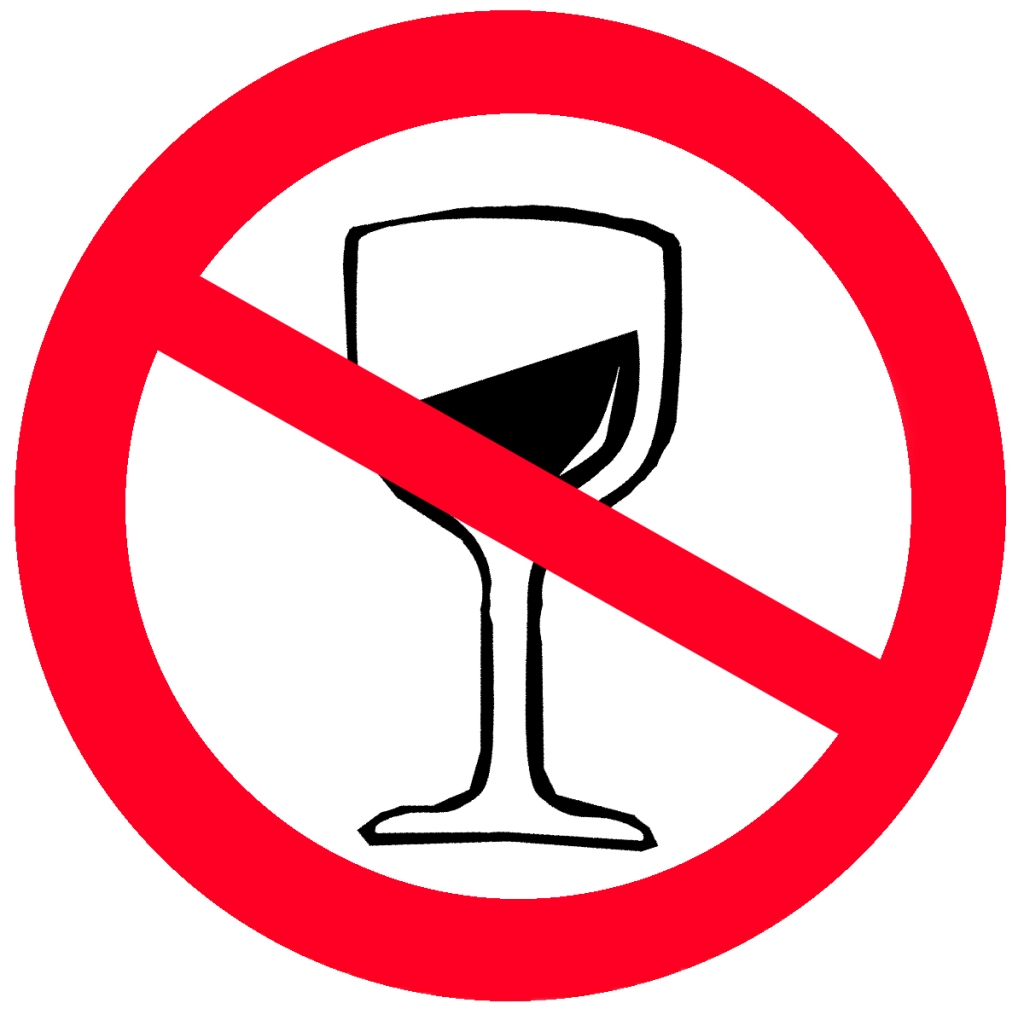A new article – by Helen Keane, DruGS program member David Moore and Kathryn Graham – examines the problematisation of alcohol as a harmful substance in Australian and Canadian alcohol policy documents. Earlier work from the same Australian Research Council-funded project examined how alcohol is problematised in Australian policy as a source of harm, with harm operating as an aggregate category of diverse phenomena ranging from cancer to intimate partner violence (Duncan et al., 2022). Other work on Australian alcohol policy focused on the notion of ‘alcohol-related violence’ and how this policy object acts to obscure gendered differences in drinking practices and experiences of violence (Duncan et al., 2020). In this article, we broaden the frame to examine and compare the problematisation of alcohol as a harmful substance in Australian and Canadian alcohol policy documents.
The article, entitled ‘Part of culture or toxic substance? Realities in transition in Australian and Canadian alcohol policy documents’, analyses alcohol policy documents through the framework of ontological politics developed by science and technology studies theorists Annemarie Mol and John Law (Mol, 1999; Mol & Law, 2002; Law, 2011). This approach views reality as multiple and mutable, and therefore as contestable. Realities are brought into being through the methodological and representational instruments and practices that operate to enact reality as if it were singular, stable and independent. But alternative enactments of reality are always possible, no matter how stable the existing reality appears to be.
The article analyses seven Australian and Canadian documents that appeared between 2006 and 2020, focusing on different enactments of alcohol as a harm-producing substance that requires regulation. The article identifies and discusses two co-existing realities of alcohol enacted in these documents. In the first reality, drinking is part of culture. It has positive and negative effects which are manageable through an ideal of moderation and the promotion of cultural change. In the second reality, alcohol is an inevitably harmful, toxic substance, and altering its cultural meanings and patterns of use cannot guarantee safe consumption. In this second reality, drinking alcohol becomes more like smoking as a public health priority. The enactment of alcohol as a harmful and toxic substance relies on recent scientific research, in particular the link between drinking and cancer, and is more prominent in the more recent policy documents. For example, this reality is much more evident in the 2019-2028 Australian national alcohol strategy when compared with the 2006-2009 strategy.
The article concludes by arguing that changes in the dominant reality of alcohol enable or at least support certain policy initiatives and approaches while making others less feasible, defensible or even possible. In Australia, and increasingly in Canada, arguments for more restricted availability of alcohol are reinforced by the reality of alcohol as inherently harmful to health and wellbeing, whether through risk of disease or encouragement of violence. Such a focus limits the range of options for preventing the broad range of alcohol-related harms and tends to exclude options that address gender and context. It also ignores social practices of drinking that act to stabilise alcohol consumption as a routine feature of life, enmeshed with sociability. Examining drinking practices in context makes visible positive and valued experiences of intimacy, connection and happiness, as well as the agency of people who drink. While the pleasures of alcohol consumption do not cancel out its harms and risks, taking these insights seriously in policy debates and practices would expand the possibilities for harm reduction and for affirmative and equitable interventions.
References
Duncan, D., Keane, H., Moore, D., Ekendahl, M., & Graham, K. (2022). Making gender along the way: Women, men and harm in Australian alcohol policy. Critical Policy Studies, 16(1), 11-18.
Duncan, D., Moore, D., Keane, H., & Ekendahl, M. (2020). Obscuring gendered difference: The treatment of violence in Australian government alcohol policy. Social Politics, https://academic.oup.com/sp/advance-article-abstract/doi/10.1093/sp/jxaa038/6031228?redirectedFrom=fulltext.
Law, J. (2011). Collateral realities. In P. Baert & F. Rubio (Eds.), The politics of knowledge (pp. 156–178). Routledge.
Mol, A. (1999). Ontological politics: A word and some questions. In J. Law & J. Hassard (Eds.), Actor network theory and after (pp. 74–89). Blackwell and The Sociological Review.
Mol, A., & Law, J. (2002). Complexities: An introduction. In A. Mol & J. Law (Eds.), Complexities: Social studies of knowledge practices (pp. 1–22). Duke University Press.
*Image credit: FreeImages.com/hisks




You must be logged in to post a comment.